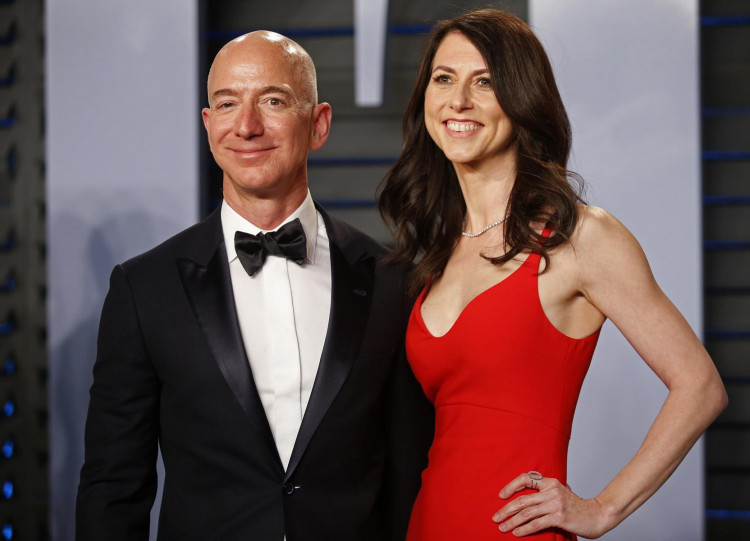Trusting philanthropist MacKenzie Scott keeps giving away her $59 billion to charity in a brave bid to dent social inequality in the United States.
The ex-wife of Jeff Bezos, the world's richest individual worth $185 billion and founder of Amazon.com, has already given away more than $6 billion of her personal fortune in a philanthropic spree, the likes of which has never been seen anywhere in the world before.
She and Bezos divorced in 2019 after 25 years of marriage due to Bezos' extra-marital affair with former TV news anchor, Lauren Sanchez. Bezos and Scott agreed to a record-breaking divorce settlement of $38 billion.
In addition, the former Mrs. Bezos kept her 4% stake in Amazon.com worth $35.6 billion at the time. This amount has grown in step with the rise in Amazon stock despite the COVID-19 pandemic.
As of 2020, Scott had a net worth of $59.8 billion. This huge sum made her the second-wealthiest woman in the world and the 18th wealthiest overall.
Scott is a signatory to the Giving Pledge, whose wealthy members pledge to give at least half of their wealth to charity. She donated $6 billion in charitable gifts in 2020, one of the largest annual distributions by a private individual to charitable organizations.
Scott announced grants of $1.7 billion in July 2020 and another $4.2 billion in December. Her massive donations, which she made without attaching any restrictions or naming rights requirements, has upended the world of philanthropy and might encourage more billionaires to give more.
"There is a ton to celebrate about her philanthropy," said Phil Buchanan, president of the Center for Effective Philanthropy, which provides research data to foundations and other charitable donors.
"I would hope that the sheer amount of money she is getting out the door and her intention to continue to do so is a kick in the pants to all those sitting on tremendous wealth at time of unbelievable challenge and need."
Scott's approach to philanthropy is part of a movement called "trust-based philanthropy" that does away with some of the red tape imposed by many donors, said Laura MacDonald, board chair of the Giving USA Foundation, a nonprofit that conducts research on philanthropic giving.
MacDonald said Scott's approach goes beyond the traditional "Big Brother" attitude of some donors.
"Trust-based philanthropy has catapulted to the top of the list of taking points" in the philanthropic world as a result of Scott's initiative," said MacDonald. "This may embolden other donors to try something and take more risks."






